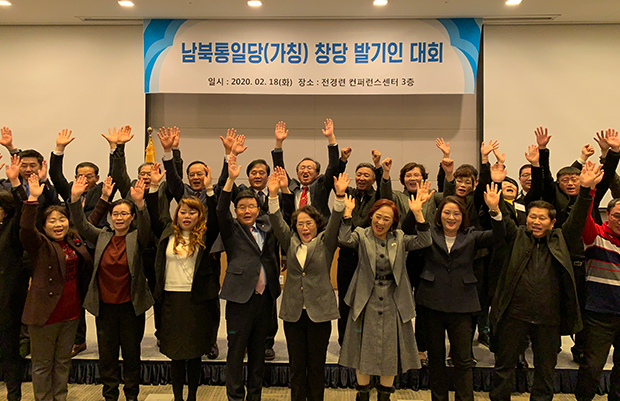The Peninsula
A New Milestone in Advocacy for Defector Community

This briefing comes from Korea View, a weekly newsletter published by the Korea Economic Institute. Korea View aims to cover developments that reveal trends on the Korean Peninsula but receive little attention in the United States. If you would like to sign up, please find the online form here.
What Happened
- On February 18, a group of North Korean defectors formed a political party called the South-North Unification Party.
- The Unification Ministry recently announced plans to provide greater support for North Korean defectors.
- According to the Unification Ministry, the average monthly income among North Korean defectors living in South Korea exceeded $1,681 for the first time in 2019.
Implications: Direct participation in electoral politics by people who escaped to South Korea from the North suggests that Seoul’s effort to integrate the defector community into society is delivering results. If the South-North Unification Party is able to send a delegate to the National Assembly in April, it would be a major milestone as only one North Korean defector has ever served in South Korea’s legislature to-date. Political mobilization by the community parallels improvements in living standards for North Korean defectors who have benefited from the steady expansion of services under successive administrations. The launch of this new political party shows that the community feels sufficiently assimilated to participate in policy discourse – albeit their campaigns spotlighting areas where the community has experienced persistent discrimination.
Context: As of December 2019, there were 33,523 North Korean defectors in South Korea. Annual surveys by Korea Hana Foundation showed that the quality of life for North Korean defectors has improved over the past decade. For instance, the number of respondents who said they were satisfied with their lives in South Korea rose from 67.3% in 2012 to 72.5% in 2018. The employment rate increased from 48.3% in 2012 to 60.4% in 2018. School dropout rates also decreased from 10.8% in 2008 to 2% in 2017.
Korea View was edited by Yong Kwon with the help of Gordon Henning, Soojin Hwang, Hyungim Jang, and Ingyeong Park.
Picture from RFA by 서재덕
